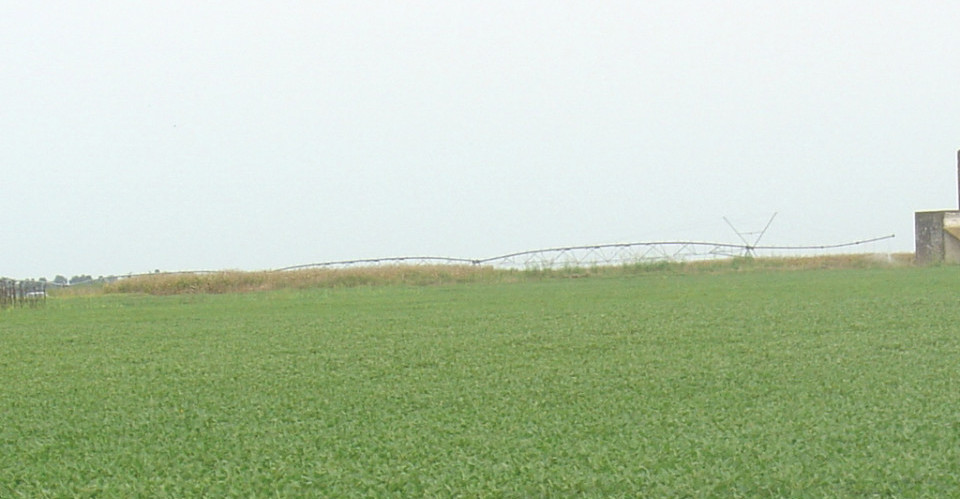The Dutch Soy Coalition (formed by eight development and environmental organisations*) finds that in 2013, only a quarter of the 2.4 metric tons of soy used in the Netherlands is responsibly produced. The social or environmental consequences of the production of the other three quarters of the imported soy, are not at all clear or accounted for. The target of the Netherlands is to purchase 100 percent responsible soy by 2015. This will be almost impossible to achieve now.
We have to do more
Tamara Mohr, spokesperson of the Dutch Soy coalition: ‘In 2011 we agreed to reach 100 percent responsible soy in 2015. But if we go on at this pace we will not succeed. The government invested 3.5 million euro’s and the dairy industry complies with the agreement, but the pig- and poultry industries fall short. The Netherlands boasts being a front runner in responsible soy, but can’t live up to this. We have to do much more.’
Harmful effects of soy
Growing soy is the cause of many social and environmental problems. Conflicts with local communities about land use, deforestation, loss of wetlands, climate change, environmental hazards of use of pesticides, and endangered food supplies, they can all be attributed to cultivating soy. While the production of responsible soy lacks behind, the total production of harmful soy rises rapidly. Of the deforestation caused by the European import of vegetable protein crops, 60 percent is caused by soy. Regions less suitable for cultivating soy, like the Chaco and the Parana delta in Argentina and the Pantanal in Brazil, are hit hard.
Events
Today, the ‘Soy Barometer’** will be presented to the Dutch and international soy sectors. In The Hague, NGOs Both ENDS, IUCN NL and Wetlands International (cooperating in the Ecosystem Alliance) confer with representatives of four important soy producing countries, Brazil, Paraguay, Bolivia and Argentina. Also present are representatives of companies Nutreco, Ahold and Unilever that use soy for production, as well as representatives of the Dutch Ministries of Economic Affairs and Foreign Affairs.
Also today, in London, the Round Table on Responsible Soy (RTRS) introduces its ‘Task Force Europe’ to further stimulate the sale of responsible soy with the RTRS-certificate in Europe. At this event, WWF and Solidaridad will present their ideas for improvement.
Statistics
Annually, 276 metric tons of soy is produced in an area as large as France and Spain. Last year only 2 percent of all this soy was cultivated under a certifying label. The European economy is heavily dependent of soy. Every year, Europe processes 31 million metric tons of soy, of which only 3.1 percent is produced in Europe. New initiatives are being developed to produce responsible soy in Europe.
*The Dutch Soy Coalition is a cooperation of Both ENDS, IUCN NL, Milieudefensie (Friends of the Earth the Netherlands), Natuur&Milieu, OxfamNovib, Solidaridad, Wetlands International and WWF. Together with scientists, companies and NGOs in soy producing, processing, and consuming countries we seek to find ways to improve soy production to make it fair and environmentally friendly. The Soy Coalition also promotes substitution of the imported soy with protein crops produced in Europe.
Soy Barometer 2014
Read or download the Soy Barometer and the background report.
For more information:
Secretariaat Nederlandse Sojacoalitie:
p/a Both ENDS / Nieuwe Keizersgracht 45 / 1018 VC Amsterdam
Contact person: Tamara Mohr / telephone: 020 – 5306612 / e-mail: [email protected] of the communications department: telephone 020 -5306600 / email: [email protected] / [email protected] / www.bothends.nl

